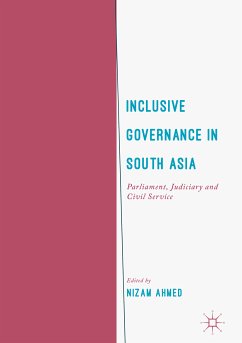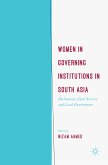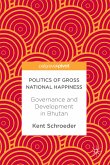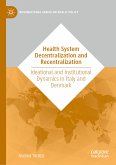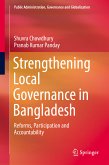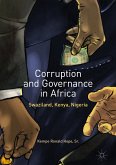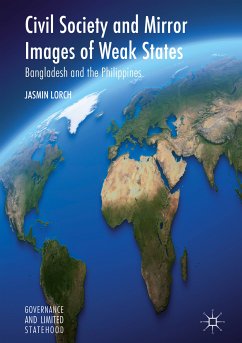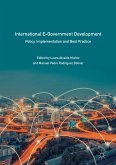This edited volume explores the state of inclusive governance in South Asia. It particularly examines the nature and scope of inclusiveness noticed in the parliament and civil service in Bangladesh, India, and Nepal, and the judiciary in Bangladesh. Where previous literature has stressed the need for the inclusion of external stakeholders, this volume highlights the importance of the involvement of internal stakeholders. This includes 'insiders' such as opposition members and government backbenchers in parliament and specialists in the civil service. The main emphasis is on identifying the extent to which insiders in different institutions have the scope to participate in the governing process. Furthermore, this volume also seeks to assess the implications of inclusiveness/exclusiveness for democratic governance. By exploring the link between inclusiveness and accountability, its contributors are able to draw out the strengths and weaknesses of the existing mechanisms of accountability, particularly social accountability. This innovative collection will appeal to students and scholars of gender and development studies, public policy and administration, international relations, law and political science.
Dieser Download kann aus rechtlichen Gründen nur mit Rechnungsadresse in A, B, BG, CY, CZ, D, DK, EW, E, FIN, F, GR, HR, H, IRL, I, LT, L, LR, M, NL, PL, P, R, S, SLO, SK ausgeliefert werden.

